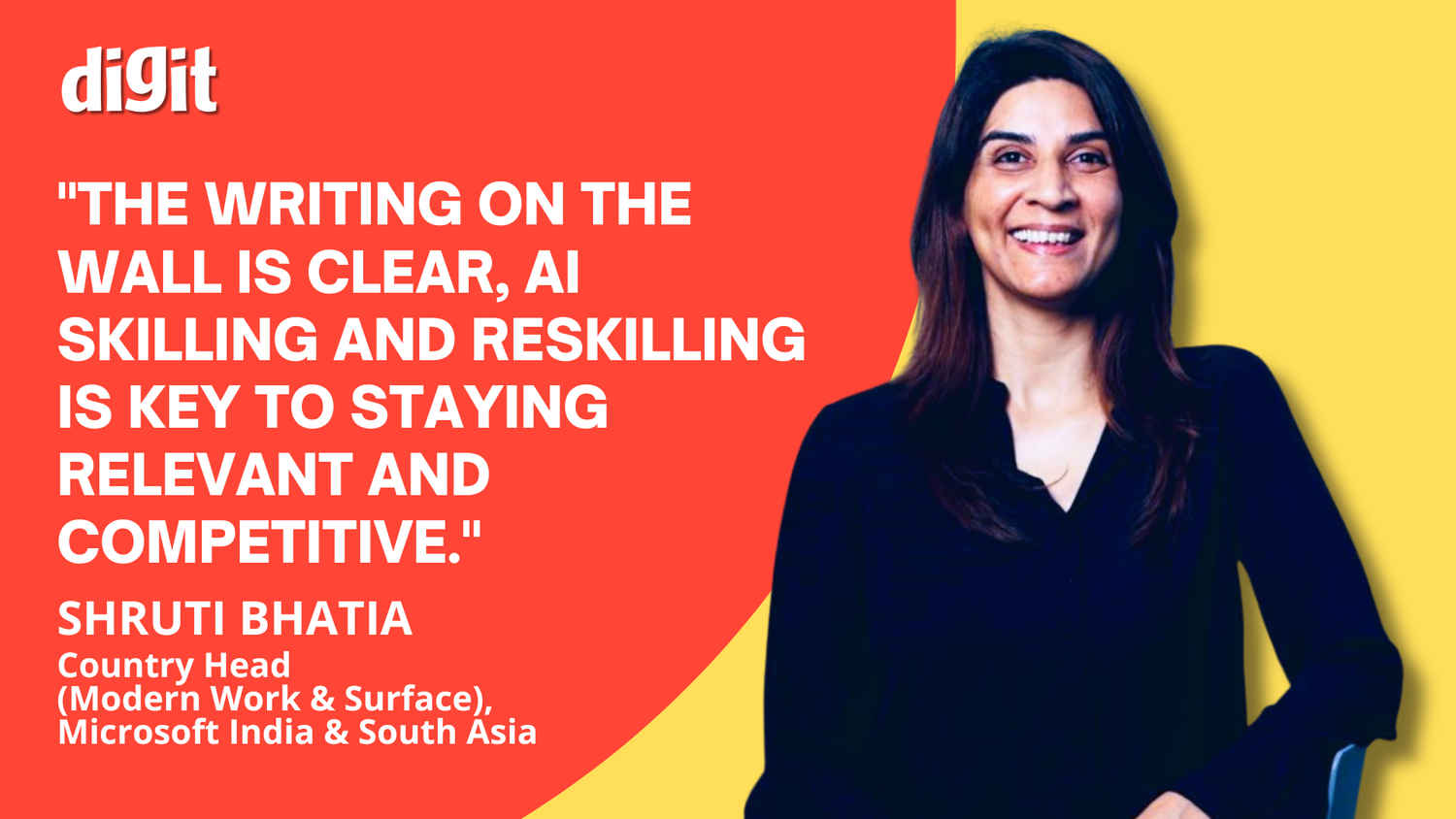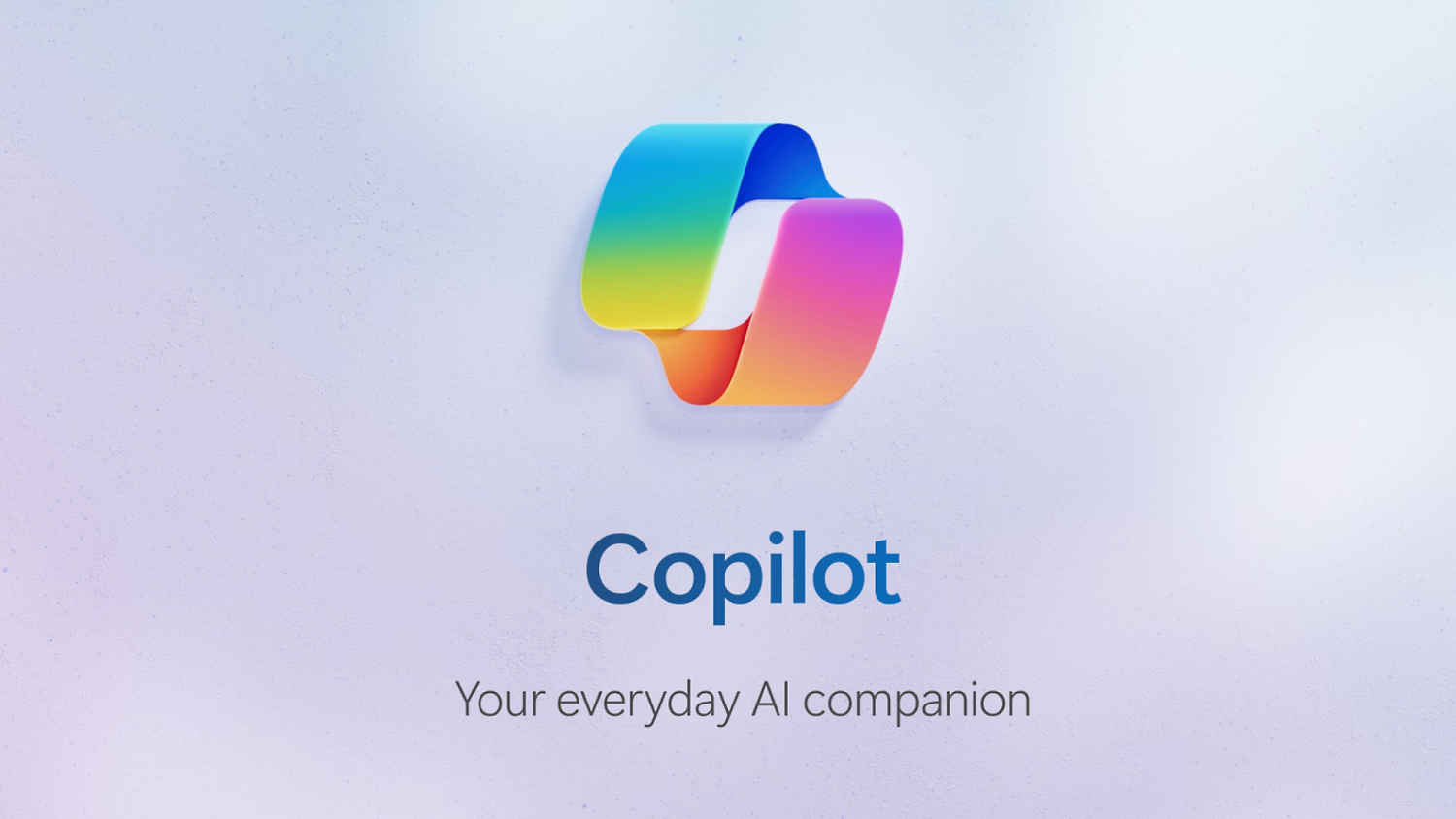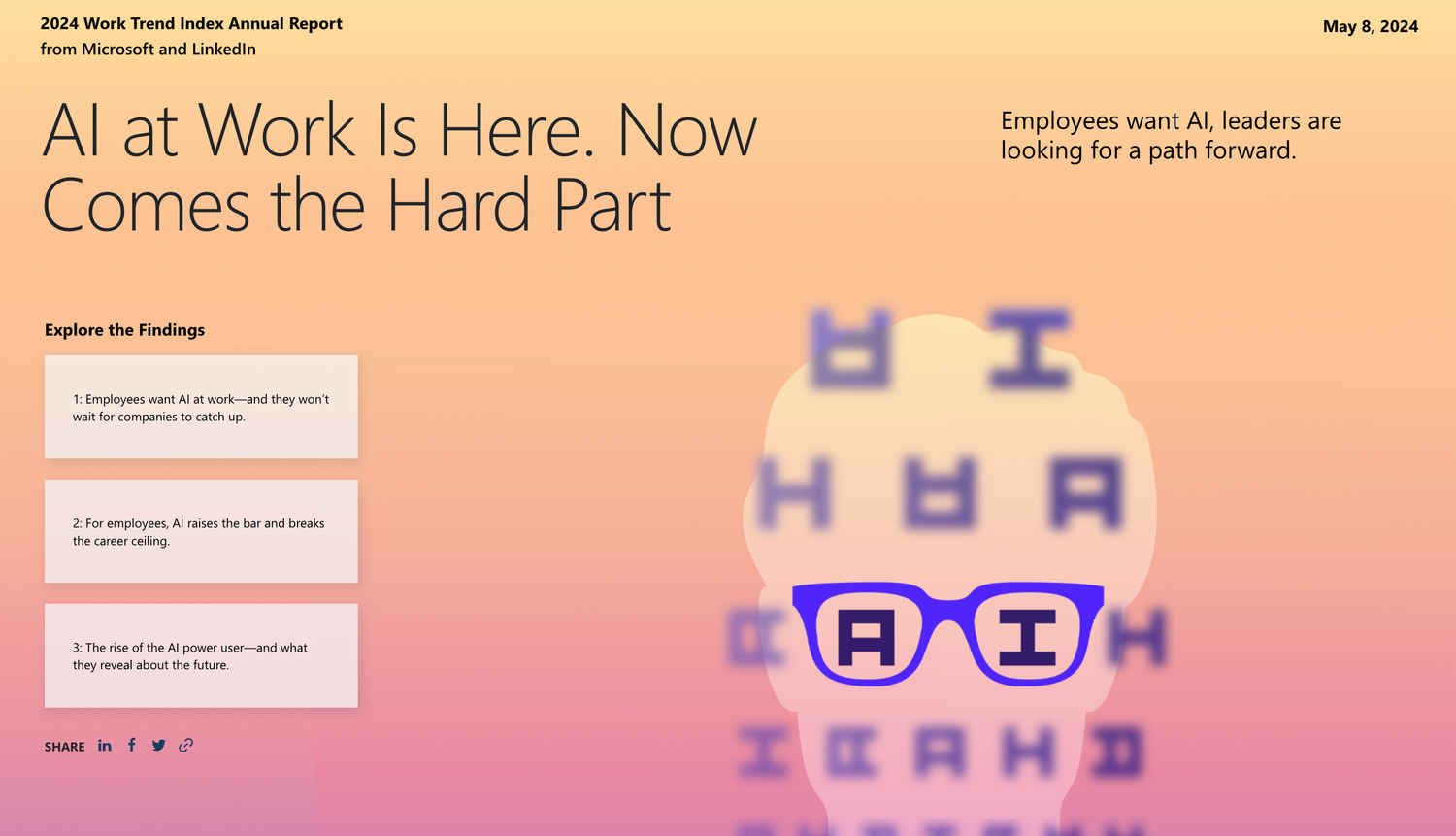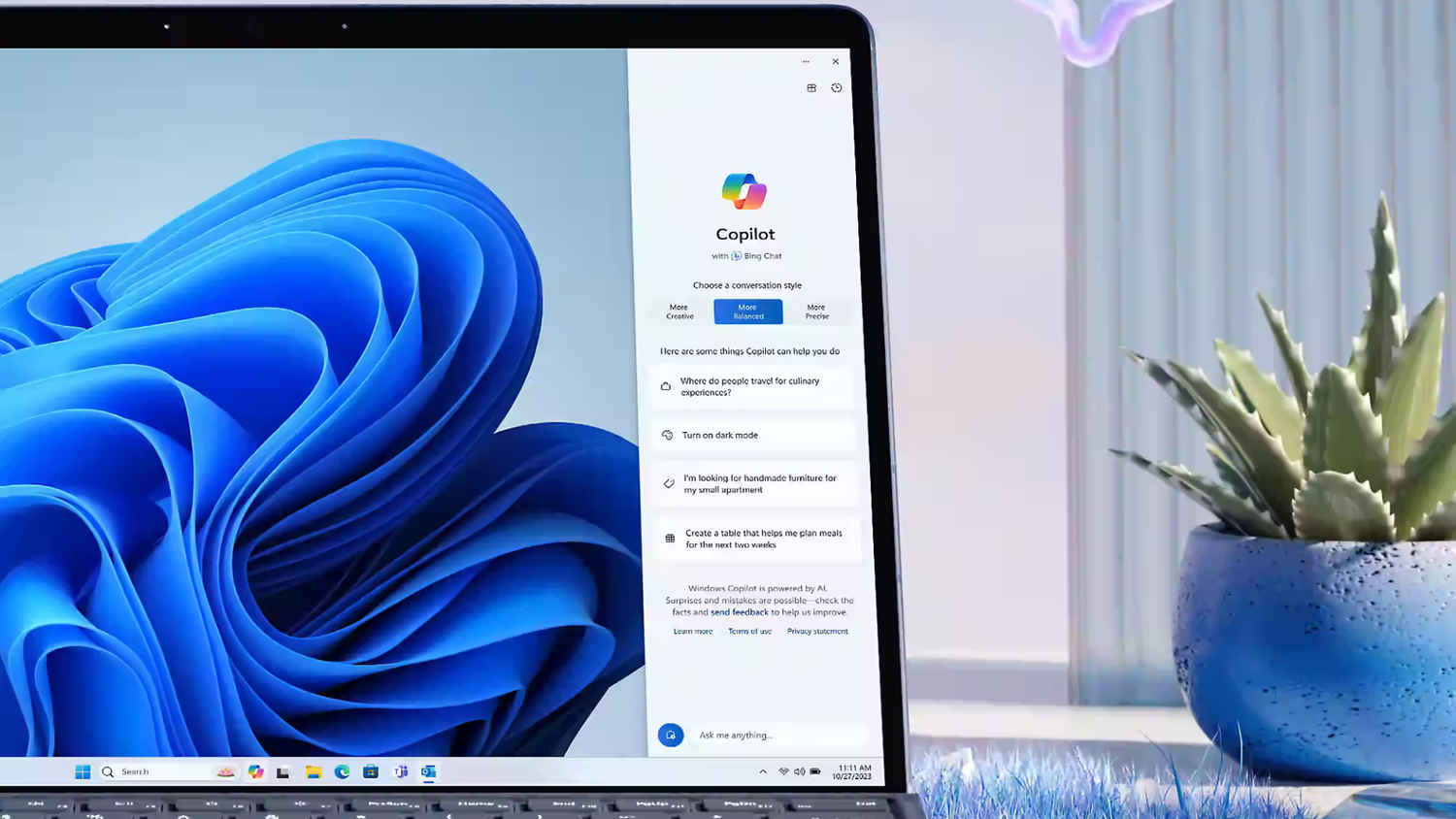“The writing on the wall is clear, AI skilling and reskilling is key to staying relevant and competitive,” says Microsoft’s Shruti Bhatia

On the 23rd Anniversary of Digit Magazine, we invited stalwarts and leaders from the tech industry to give their perspectives on the role of AI (Artificial Intelligence) in India. Shruti Bhatia, Country Head (Modern Work & Surface) at Microsoft India & South Asia, shared her insights on how important tools like Microsoft’s Copilot will become at workplaces in the years to come.
According to Shruti, “The tsunami of AI adoption at the workplace is also being accelerated by new hiring trends in organizations. AI aptitude today clearly trumps experience with 80% of leaders in India preferring to hire a less experienced candidate with AI skills, over a more experienced candidate without them. ”
Here’s the full article below. The article was originally published in the June 2024 AI Special Anniversary issue of Digit magazine.
Until recently, the notion of every individual having a personal assistant to significantly enhance productivity was wishful thinking at best. With generative AI and copilots, however, the last year has transformed what seemed like a futuristic dream to tangible reality. Microsoft and LinkedIn’s Work Trend Index 2024 finds that 92% of knowledge workers in India are using AI for work, versus 75% globally, signaling a significantly higher adoption. The data is clear – The future of work powered by AI is here, making this the new normal of work.
With copilots at work, employees are discovering the joys of focusing on work that matters, having more time for creativity, innovation and a copilot to help them with time-guzzling mundane tasks. These intelligent assistants can navigate through large amounts of data swiftly, draft reports at a fraction of the time, and provide creative insights that can turn an ordinary project into an exceptional one.
By handling mundane tasks with unprecedented speed, they free up time for workers to focus on what truly matters: innovation and creativity. And by changing the dynamics of work, these AI assistants are re-writing the rules of the game — they are changing the way people think of work, redefining what they can do and empowering them to pursue their ambitions in ways that could not have been imagined earlier.

New hiring trends accelerating AI adoption in workplaces
If 2023 was the year of AI, 2024 is the year of making AI real at work. The findings from the 2024 Work Trend Index study are compelling: Users say AI helps them save time (90%), focus on their most important work (85%), be more creative (84%), and enjoy their work more (83%). The heaviest Teams users (the top 5%) summarized 8 hours of meetings using Copilot in the month of March, the equivalent of an entire workday.
The groundswell of support for AI is coming from employees. And those who have experience working with Copilot don’t want to return to the previous era. A new term has entered the workplace lexicon now – BYOAI or Bring Your Own AI – with over 72% of AI users in India bringing their own AI tools to work.
The tsunami of AI adoption at the workplace is also being accelerated by new hiring trends in organizations. AI aptitude today clearly trumps experience with 80% of leaders in India preferring to hire a less experienced candidate with AI skills, over a more experienced candidate without them.

(Image via Mircosoft)
For India’s leaders, AI skills are now a top priority when it comes to hiring. The writing on the wall is clear, AI skilling and reskilling is key to staying relevant and competitive. These are signs that AI could be a rising tide that elevates skills across roles and industries. Entry-level workers will take on more strategic projects, while uniquely human skills like management, relationship building, negotiation, and critical thinking will come to the fore for employees at all levels. Organizations that understand this will retain and attract the best talent, and professionals who skill up will have the edge.
Also Read: AI-powered laptops in academics: Opening doors to endless possibilities for educators and students
Globally, there has been a wave of adoption at the workplace with countries like India at the forefront. No technology, thus far, has seen such a rapid rate of diffusion since the advent of the PC.

Power users will lead the charge when it comes to the adoption of AI
The scale of transformation being ushered in by generative AI has been compared to how the railroad and electricity changed mankind’s productivity forever with their applications. Today AI is helping solve some of the toughest problems of the world and is now a core component of the modern workplace, influencing everything from individual productivity to organizational strategy. AI is no longer a good-to-do, it’s a must-do, tangibly driving bottom line impact for the organizations.
The role of AI power users, who use AI at least several times per week, will be critical in this transition. As these individuals continue to push the boundaries of AI applications, they will play a pivotal role in mentoring others and fostering an environment where AI is as ubiquitous and fundamentally essential as the computer is in every office.
Looking to the future, 2025 will be about how organizations can channel this momentum in the workforce to strategically implement AI to not only enhance individual productivity but also drive holistic organizational growth. As organizations navigate this new landscape, the focus will increasingly shift towards leveraging AI not just as a tool, but as an integral partner in crafting the future of work. Fortune will favor those organizations that empower their employees and move swiftly to embrace AI across levels and functions.
Industry leader
Contributions from industry leaders and visionaries on trends, disruptions and advancements that they predict for the future View Full Profile




